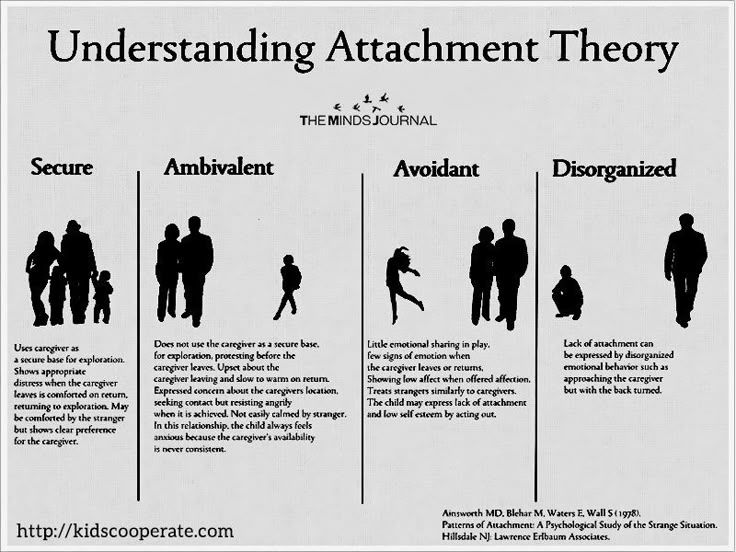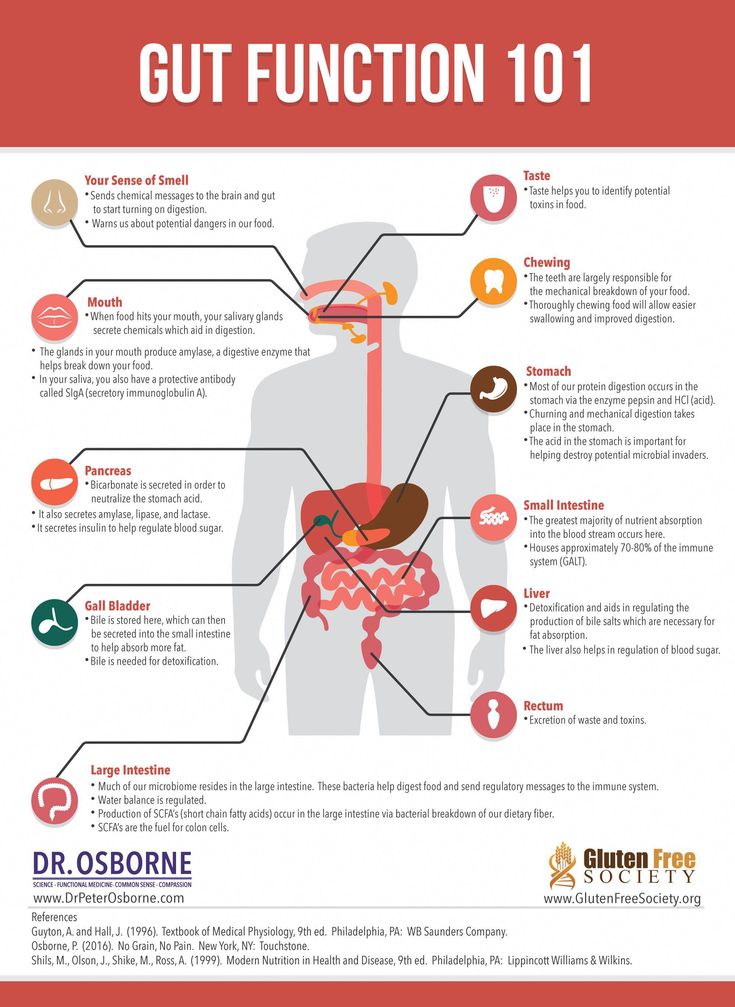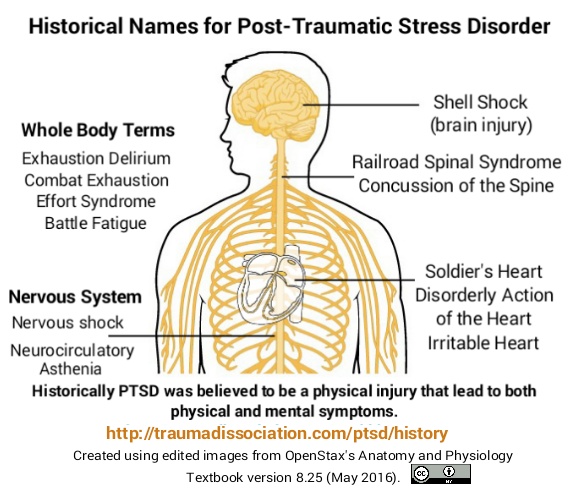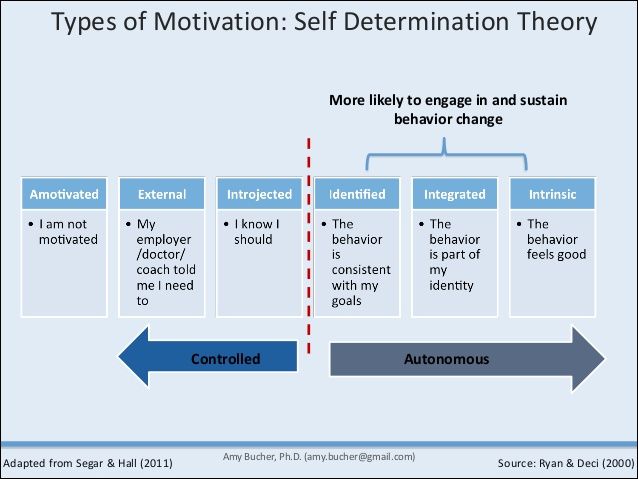How to overcome relationship insecurity
How to work on your insecurities in a relationship together
Do you find yourself fishing for compliments? Asking where your partner is going, even though you know the answer? Badgering them for extra attention although you spent the entire day together? Maybe you repeatedly ask your spouse about spending time with a coworker who’s just a friend. All of these things are signs of insecurity in a relationship.
Many people feel jealous and insecure in their relationships, even if they are loved unconditionally by their partner. Whether you’re in a relatively new relationship or a decades-long marriage, here’s everything you need to know about how to stop being insecure in a relationship.
Start feeling confident in your relationship
Get Your Free Relationship Guide
What is relationship insecurity?
Relationship insecurity means you’re unsure and unconfident about your relationship. It’s a deep belief that you just aren’t good enough for your partner, that you don’t deserve love or one of many other limiting beliefs that cause you to feel anxious. You may doubt your own value and have a low sense of self-worth. You may even be living in a state of fear, always worrying about what your partner is doing when they’re not with you.
Insecurities in a relationship often stem from your past, and now you are letting your past control your future. Insecure people don’t always appear that way – in fact, overconfidence and narcissism can actually be signs of deep insecurity. Feelings of insecurity run so deep, we may not even recognize them ourselves, but there are a few key signs.
Signs of insecurities in a relationship
You’re jealousThis is one of the most obvious signs of relationship insecurity. A jealous partner constantly questions their significant other’s true intentions. They spy, become clingy or control your friendships and free time. Jealousy is all-consuming and damaging to every relationship.
You seek attention
Some attention-seeking behaviors are similar to jealousy, like the need for constant reassurance. Others are about a fear of being alone, like always having to do everything together. Still others fulfill a need for significance by causing drama or picking fights.
Others are about a fear of being alone, like always having to do everything together. Still others fulfill a need for significance by causing drama or picking fights.
You argue constantly
Every couple argues – the difference is between healthy and unhealthy arguing. Healthy arguing uses productive communication tactics to reach a place of understanding and agreement. Unhealthy arguing stems from lack of trust, unresolved insecurities and even fear that true communication will cause your partner to leave you.
You worry
Insecurities in a relationship don’t always manifest outwardly. Many insecure people keep their feelings bottled up – while deep down inside, they’re constantly worrying that their partner is cheating on them, lying to them or will break up with them at any moment. If this sounds like you, it’s time to ask yourself how to deal with insecurities in a relationship.
You’ve noticed negative effects
Feeling insecure in a relationship doesn’t just affect you.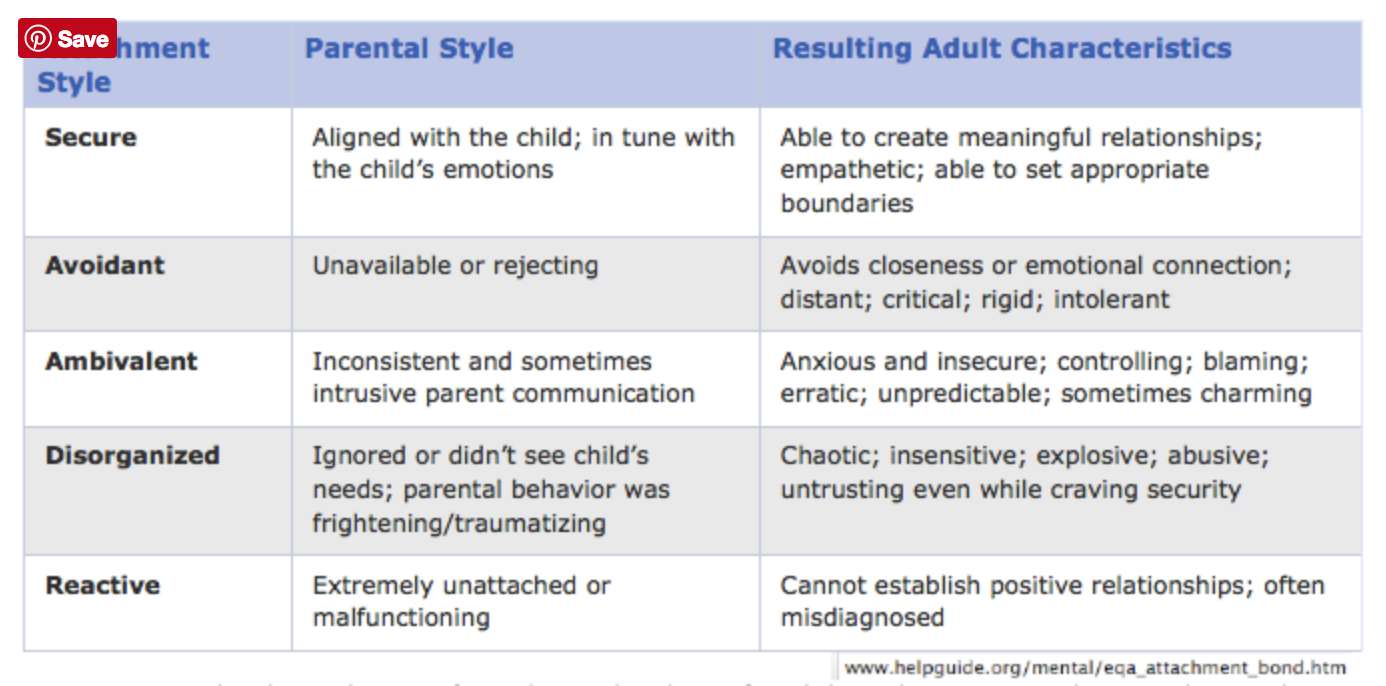 It affects your partner and your overall relationship. Unhealthy arguments lead to complete communication breakdowns that don’t achieve a productive outcome. Insecurity also creates an imbalance in which you are the only one getting your needs met, leading to resentment and anger. It can destroy your relationship entirely.
It affects your partner and your overall relationship. Unhealthy arguments lead to complete communication breakdowns that don’t achieve a productive outcome. Insecurity also creates an imbalance in which you are the only one getting your needs met, leading to resentment and anger. It can destroy your relationship entirely.
Causes of relationship insecurity
It’s tempting to blame feelings of insecurity on outside forces. Maybe you’ve been rejected one too many times. Or your partner really did cheat on you or treat you poorly in the past. Perhaps insecurity in your family relationships has led to a fear of abandonment. These experiences do shape your beliefs, but ultimately, you are in charge of your own emotions – and relationship insecurity is an emotion.
The real root of insecurity is a lack of confidence. We may project an image of confidence, but inside, we feel inadequate and undeserving. And then we sabotage ourselves and our relationships. It becomes a negative pattern that we can’t seem to break – but we can.
It becomes a negative pattern that we can’t seem to break – but we can.
How to stop being insecure in a relationship
If you feel insecure, it’s because you haven’t dealt with whatever is putting you in a negative state. This could be that your needs aren’t being met by your relationship, or it could have to do with something outside your union, like a lack of self-confidence or fear of the unknown. The important thing is to get to the root of the problem so you can start feeling confident in your relationship.
1. Start with self-love
The core cause of insecurities in a relationship is often a lack of self-love. If one partner holds on to harmful limiting beliefs, like being afraid of failure or thinking that they don’t deserve love, they won’t be able to trust completely – and trust is the foundation of any relationship. To work on self-love, first identify and overcome your limiting beliefs. Learn to interrupt negative patterns of self-talk. Take steps to build your confidence and turn your life into a journey of discovery, not distrust and suspicion.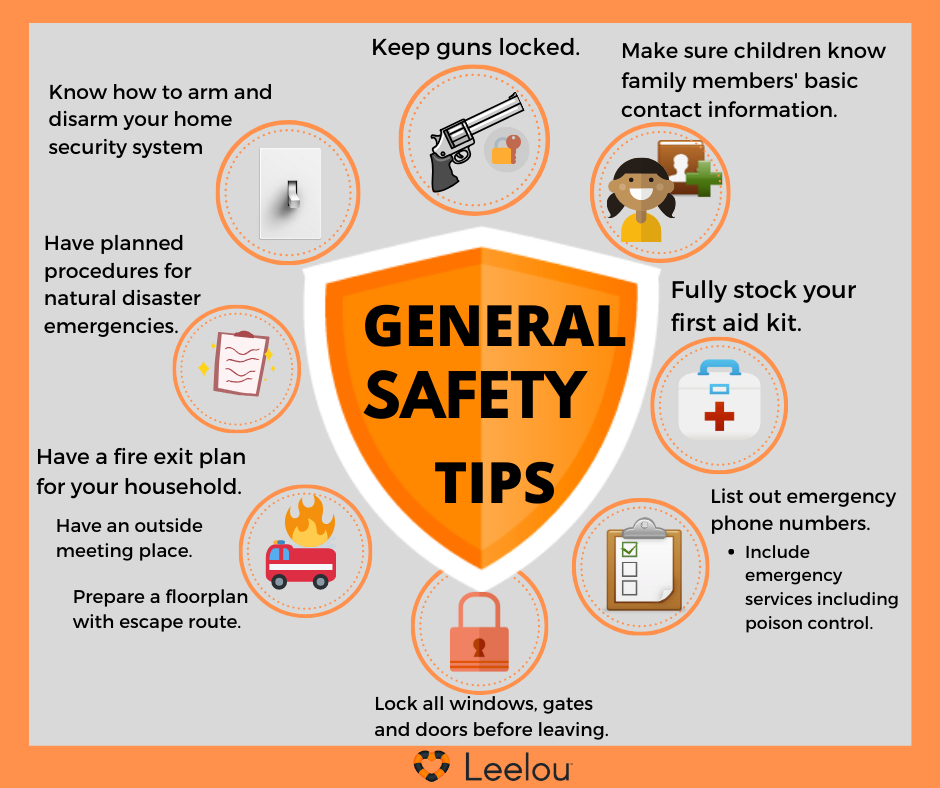
2. Learn to communicate effectively
Communication is key in all areas of life – and that’s especially true if you’re feeling insecure in a relationship. To really discover how to stop being insecure in a relationship, the best thing you can do is effectively communicate with your partner. How does your partner communicate? What’s their communication style? You can talk things over repeatedly, but unless you’re truly connecting with your partner on their level, it will be challenging to resolve lingering issues.
3. Meet each other’s needs
Feeling insecure in a relationship is often a symptom that certain needs aren’t being met. There are six basic human needs that affect every single person on the planet. We all strive to feel certain that we can avoid pain and gain pleasure; we crave variety in life; we want to feel significant; connection to others is essential and growth and contribution help us find fulfillment.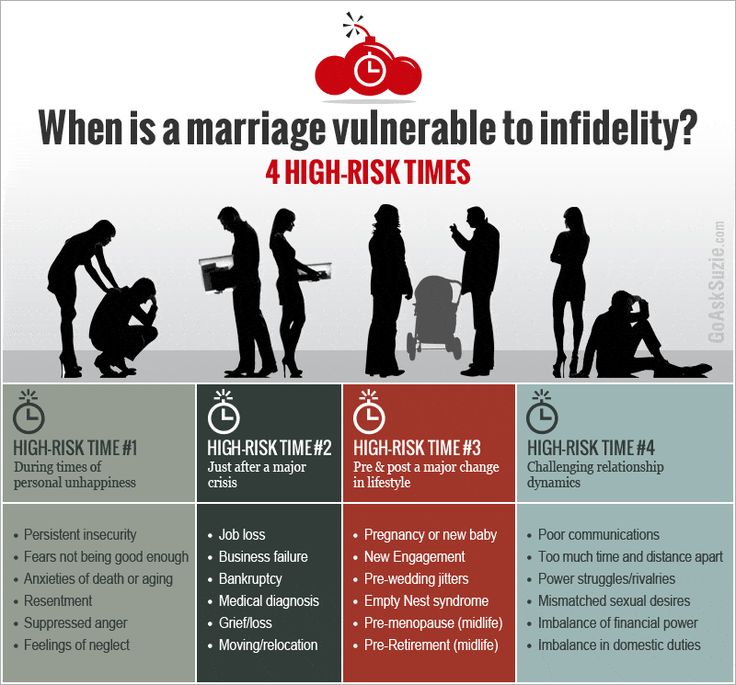 Each person ranks these needs in a different way. Which one is most important to you? Is your relationship helping to fulfill this need? If not, how can you improve the relationship to feel more loved and supported?
Each person ranks these needs in a different way. Which one is most important to you? Is your relationship helping to fulfill this need? If not, how can you improve the relationship to feel more loved and supported?
4. Balance your polarity
In every relationship there is one partner with a masculine energy and another with feminine energy. These energies don’t have to align with genders, but opposing forces need to be present in order to find romantic harmony. This concept is called polarity. If you’re feeling insecure in a relationship, you and your partner may not be in balance. If both partners take on masculine or feminine traits, it can cause insecurities to arise. Look at how your roles have changed over time. How can you restore polarity and banish insecurity?
5. Act like you’re a new couple
When you start dating someone new, the energy is electrifying. You want to learn everything about your partner and be physically close to them whenever possible. Over time, this spark fades. As you become better acquainted with your partner, the fireworks you first felt start to fizzle. You become comfortable in your habits and stop needing to impress. Insecurities in a relationship can surface when your partner feels that you’re no longer making an effort or that your attraction is fading. Bring back the passion in your relationship and act like you did when you started dating. Compliment your partner. Plan surprising dates. Write them love notes. These small acts can reignite the passion and squash insecurities.
As you become better acquainted with your partner, the fireworks you first felt start to fizzle. You become comfortable in your habits and stop needing to impress. Insecurities in a relationship can surface when your partner feels that you’re no longer making an effort or that your attraction is fading. Bring back the passion in your relationship and act like you did when you started dating. Compliment your partner. Plan surprising dates. Write them love notes. These small acts can reignite the passion and squash insecurities.
6. Create new stories
Mistakes are made in even the happiest relationships, but sustainable relationships are able to leave those mistakes in the past. What are you and your partner dealing with? No matter if you’ve previously fought over finances or flirtations, if you’re deciding to move forward as a couple then it’s time to leave those old stories behind. Instead of insisting that your partner always does something that irritates you, shift your mindset. Accept your partner for who they are and decide to create a beautiful new story together instead of reliving past pain, and you’ll learn how to stop being insecure in a relationship.
Accept your partner for who they are and decide to create a beautiful new story together instead of reliving past pain, and you’ll learn how to stop being insecure in a relationship.
7. Stop overanalyzing
What does insecure mean? It has nothing to do with outside forces. All of your insecurities in a relationship start in your own head. Your thoughts affect your emotions, and your emotions affect your actions. When you let anxious thoughts spiral out of control, that’s when you lash out at your partner, become defensive or shut down. Stop these feelings before they start by learning to control your emotions. Keep your partner’s actions in perspective – everyone talks to the opposite sex, wants to go out with their friends and needs alone time once in a while. This doesn’t reflect badly on you. It means you’re in a normal, healthy relationship!
Ready to achieve the healthy relationship you deserve?
Tony Robbins Date with Destiny will help you uncover and overcome your limiting beliefs and see relationships in a whole new way.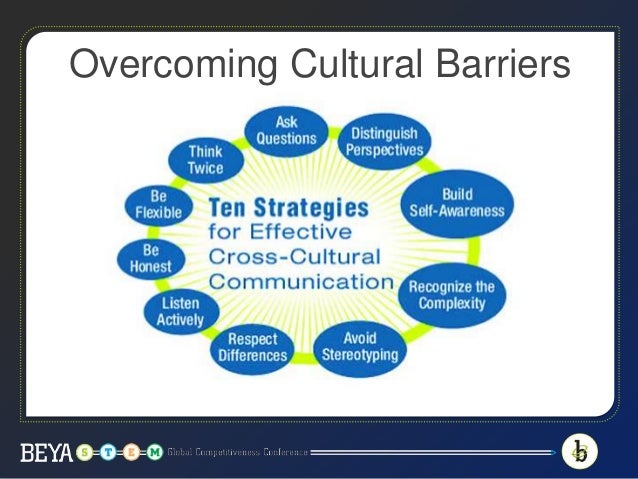
Sign Up Now
This website uses cookies to personalize your experience and target advertising.. By continuing to use our website, you accept the terms of our updated policies
why are they so important?
Ready to take the initiative & join our newsletter?
Sign Up Now
Mind & Meaning
These core needs drive every decision you make Posted by:
Team TonyWhy do we do the things we do? Why is it that we measure success and value by attention and status, yet frown upon complacency? What force drives and shapes all of our emotions, actions, quality of life and, ultimately, our destinies?
Did you know that the answers to these questions can all be explained by learning about the 6 human needs?
All dysfunctional behaviors arise from the inability to consistently meet these core needs. But people’s needs aren’t just behind the bad decisions we make – they are also behind all of the great things humans accomplish. Understanding your own needs and psychology can not only help you avoid toxic behaviors and habits but can also help you achieve your goals.
But people’s needs aren’t just behind the bad decisions we make – they are also behind all of the great things humans accomplish. Understanding your own needs and psychology can not only help you avoid toxic behaviors and habits but can also help you achieve your goals.
Each of us is unique and shaped by our individual life events and corresponding emotions. Many of our deepest needs are developed in childhood, when our minds are taking in all the information they can. This information, whether positive or negative, creates our beliefs and values – and those create our entire world. It’s even been proven that stress in childhood has lasting effects on brain chemistry and development.
Each of us prioritizes our needs differently, and our decisions are based on which needs we put first. While the 6 human needs are deep-seated, remember that your past is not your future unless you live there. You can choose to fulfill your needs in a healthy way, as well as bring balance to your life by developing your ability to fulfill all of your needs equally.
1. Certainty: assurance you can avoid pain and gain pleasure
2. Uncertainty/Variety: the need for the unknown, change, new stimuli
3. Significance: feeling unique, important, special or needed
4. Connection/Love: a strong feeling of closeness or union with someone or something
5. Growth: an expansion of capacity, capability or understanding
6. Contribution: a sense of service and focus on helping, giving to and supporting others
Everyone ranks these human needs differently, and the way they are ranked explain why you are the way you are as a person. The top four needs in the list above shape our personality, while the last two (growth and contribution) shape our spiritual needs. People’s needs can be met in a variety of ways; we seek fulfillment through our relationships, careers, personal interests and more. Here’s more on the basic human needs and what they mean.
The top four needs in the list above shape our personality, while the last two (growth and contribution) shape our spiritual needs. People’s needs can be met in a variety of ways; we seek fulfillment through our relationships, careers, personal interests and more. Here’s more on the basic human needs and what they mean.
If certainty is one of your core needs, you need to feel secure and safe about the future. When you receive positive recognition, it may be accompanied by a need for certainty that the recognition is authentic and will continue. In order to live a life filled with certainty, your life has to stay the same – a nearly impossible expectation to fulfill. So, you artificially control your environment by changing your expectations or by avoiding new situations or people. This process provides you with assurance that your actions will either avoid pain or gain pleasure, which then fulfills the basic human need for certainty.
How to tell if certainty is one of your core needs: You are trustworthy and always do what you say you’ll do. You enjoy planning, thrive on a schedule and are very organized. You’re hesitant to take risks and have new experiences. You may fall into addictive or obsessive behaviors.
You enjoy planning, thrive on a schedule and are very organized. You’re hesitant to take risks and have new experiences. You may fall into addictive or obsessive behaviors.
How to fulfill a need for certainty: Find activities that you enjoy, but that also push you slightly out of your comfort zone. Incorporate healthy and empowering routines into your life. Give back to others to promote growth and contribution in a consistent way.
Uncertainty/varietyThough it’s important to understand the beauty of uncertainty, those who experience this as one of their top basic human needs can take it to an extreme. They engage in frequent job or relationship changes for the sake of variety, or take unnecessary risks to achieve the adrenaline jolt they crave. However, if uncertainty is one of your top 6 human needs, you will be unafraid of taking risks and will not avoid new situations or people.
How to tell if variety is one of your core needs: You’re generally outgoing and like meeting new people.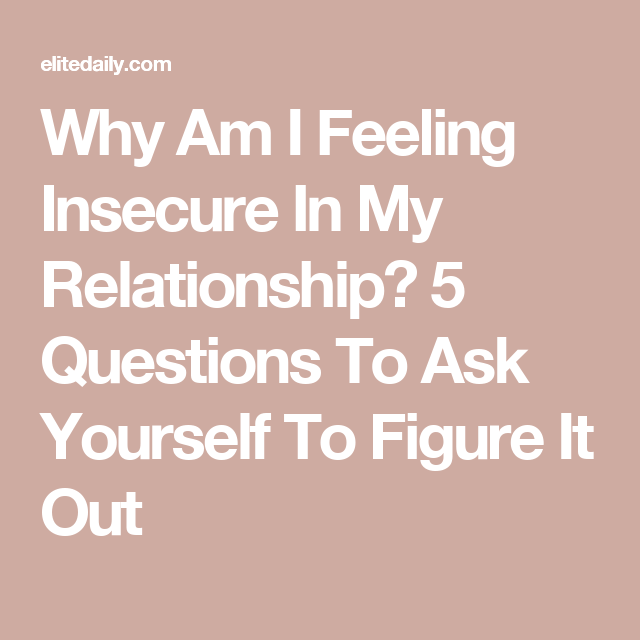 You’re always willing to do something new and have many interests. You can be unfocused and lack planning skills, and perhaps push people away in relationships.
You’re always willing to do something new and have many interests. You can be unfocused and lack planning skills, and perhaps push people away in relationships.
How to fulfill a need for variety: Feed your mind regularly with a variety of new information. Switch up your exercise routine, eat new foods and take classes with new people. Learn how to ignite passion in your life and relationships.
SignificanceIf significance is among the top two of your 6 human needs, then part of meeting that need includes receiving recognition. This translates into a desire to be seen, heard and listened to – in short, you want to be noticed. You measure significance by what you believe makes you unique compared to everyone else around you. Recognition provides you with a sense of validation that makes you feel seen, special and/or needed. Recognition is a major driving force behind human behavior because it provides us with a measurement system to analyze and track our significance. Recognition is also an extremely important part of keeping up employee productivity.
Recognition is also an extremely important part of keeping up employee productivity.
Those who don’t devise a positive way to feel significant may end up taking drastic measures to make themselves feel good, like turning to alcohol or engaging in frequent arguments. Others surround themselves with people that they view as less skilled or accomplished to provide contrast to their own achievements. Either scenario can result in increased significance – but neither behavior is particularly healthy.
How to tell if significance is one of your core needs: You’re highly driven to be successful and love setting and reaching goals. You’re committed to a cause – or several causes. Others tell you that you stand out. You can be overly competitive, perfectionistic or dramatic.
How to fulfill a need for significance: Channel your competitive nature into healthy activities by learning a new sport or skill or by volunteering. Work on your people skills to become a more well-rounded leader.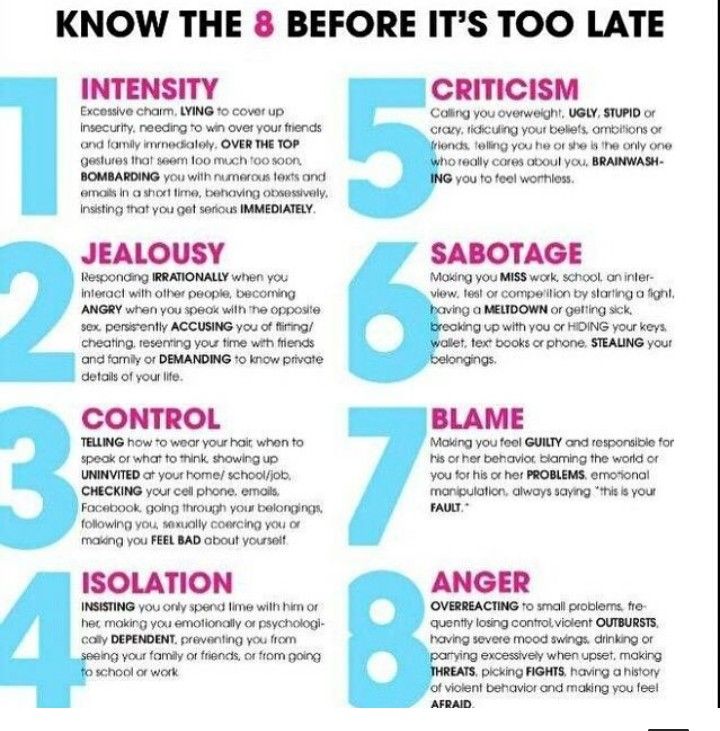 Commit to total mastery of your profession or career.
Commit to total mastery of your profession or career.
If connection/love is your top basic human need, you are constantly seeking out a close relationship with someone or something. You truly understand that love wakes you up to the gift of life. People need love, and this can lead to some incredibly fulfilling relationships – but it can also cause you to sacrifice self-care in order to take care of others or maintain a partnership.
How to tell if connection is one of your core needs: Loyalty and generosity with those you love are your top values. You give freely and others find you trustworthy. You have strong social ties, but you can sometimes lose your sense of self and find it hard to say “no.”
How to fulfill a need for connection: Be willing to be vulnerable and create deeper, more meaningful friendships. Communicate your needs to your partner to improve intimacy. Achieve greater spirituality through prayer, meditation or connecting with nature.
Those whose foremost core need is growth are always striving to be better and learn more. They are very good at their jobs, but tend to move on quickly as soon as they believe they’ve reached their full potential. Though their constant striving for betterment ensures they will never be bored, they can err on the side of perfectionism and neglect the rest and relaxation they need to keep stress levels manageable.
How to tell if growth is one of your core needs: You’re always pushing boundaries, both your own and those set for you by others and by society. You’re very independent and are not attached to material things. You may find it hard to connect with others and move on too quickly from relationships.
How to fulfill a need for growth: Develop your growth mindset even further by challenging yourself to not only learn, but truly master a difficult skill. Don’t forget emotional and spiritual growth: examine your limiting beliefs, learn to control your emotions and take up meditation or priming.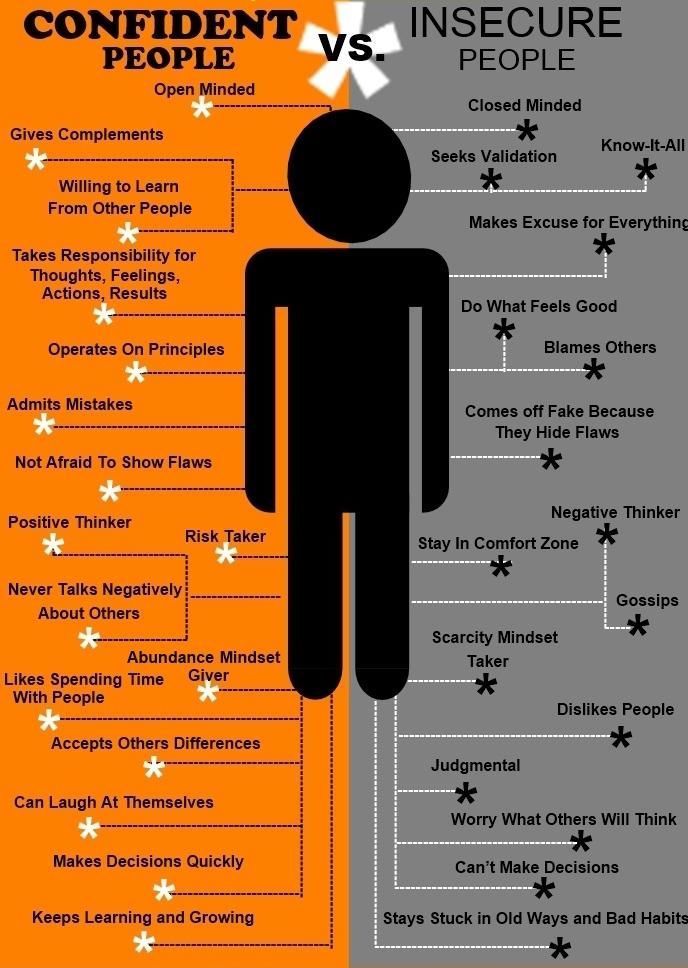
The secret to living is giving, and those who experience contribution as one of their top 6 human needs know this better than anyone. If you have a need to contribute, you will likely make a big difference in your community. However, you can lose sight of the fact that giving begins at home and neglect those closest to you as you change the world.
How to tell if contribution is one of your core needs: You’re an extremely empathetic and compassionate person. You enjoy giving back and sharing what you have. You want to leave a legacy. Yet you may burn out easily or be taken advantage of by others.
How to fulfill a need for contribution: Giving back is the best way to fulfill this need. Don’t just join a volunteer group – start your own. The closer the cause is to your heart, the more fulfilled you will feel.
The importance of meeting the 6 human needsMany of your behaviors are based on which of your needs are – or are not – being met.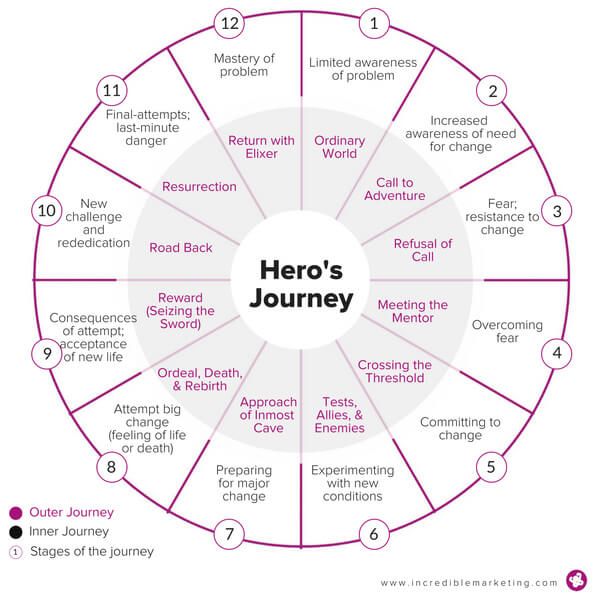 Depending on which of the basic human needs are foremost in your personality, you could be spending a lot of time consciously or subconsciously meeting one or two of them. And if you don’t succeed, it could negatively impact your overall sense of well-being.
Depending on which of the basic human needs are foremost in your personality, you could be spending a lot of time consciously or subconsciously meeting one or two of them. And if you don’t succeed, it could negatively impact your overall sense of well-being.
Knowing which of your 6 human needs is your primary driver and how this affects your ability to connect with others and develop healthy relationships is crucial to your understanding of what fuels you. It can also help you better understand and manage triggers and be in charge of your own emotions.
Did one or several of the above needs jump out at you? If you’re not sure, take the Driving Force Quiz to determine your top need.
By better understanding which of the basic human needs is your driving force, you can set goals for yourself and implement positive behaviors to help you achieve those goals. Understanding these needs, and which ones you want to meet in any given moment, can help you embrace the power of growth and create new patterns that lead to lasting fulfillment.
Want to learn more about the 6 human needs and how you prioritize them in your own life? No matter what you want – significance, certainty or love and connection – Unleash the Power Within will give you the momentum to achieve it. Embrace the life you desire and deserve today.
Team Tony
Team Tony cultivates, curates and shares Tony Robbins’ stories and core principles, to help others achieve an extraordinary life.
featured collections
related posts
close
Join Our Newsletter!
By entering your information on the Tony Robbins website, you agree that we may collect and use your personal information for marketing, and for other purposes, as set forth in our Privacy Policy, which we encourage you to review.
close
Get a Free Results Coaching Session
Want to achieve real results NOW? Fill in the form below to schedule your FREE 30-minute session with your Tony Robbins Results Coaching Strategist.
By entering your information on the Tony Robbins website, you agree that we may collect and use your personal information for marketing, and for other purposes, as set forth in our Privacy Policy, which we encourage you to review.
This website uses cookies to personalize your experience and target advertising.. By continuing to use our website, you accept the terms of our updated policies
Overcoming insecurity in relationships - Psychological Center "Transfiguration"
Published: 12/16/2021 in sections: Family Psychology and Family Therapy
The feeling of insecurity is a feeling of insufficient value that arises from a lack of self-confidence. It can make a person doubt their abilities, their own confidence, as well as their relationships. This makes it difficult to believe in yourself and trust other people.
Self-doubt can be a painful and painful feeling. This can negatively impact both your mental health and your relationships. Self-doubt in relationships can lead to unhealthy thoughts and behaviors.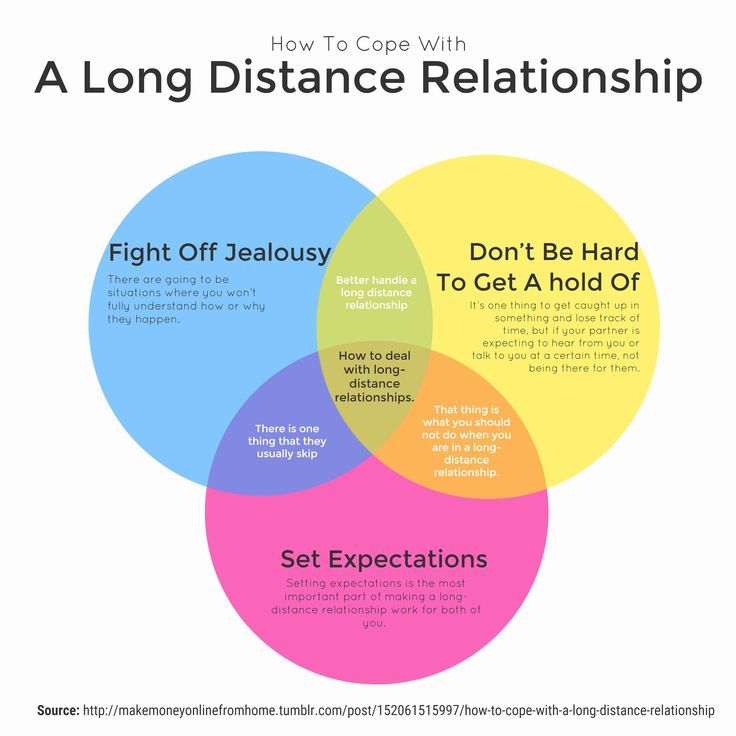 nine0004
nine0004
Causes of insecurity in relationships
Unsuccessful previous relationships
People who were previously in unhealthy relationships can store these experiences and carry them into new relationships. This usually happens when people don't work through their own emotions and reactions to the relationship.
Instead, they rush into a new relationship. Such people often unreasonably shift their unresolved traumas or emotional experiences onto a new partner. nine0004
Low self-esteem
People with low self-esteem may feel insecure in relationships because they don't believe they are worthy of their partner's love and support. Experiences such as bullying, nagging, or parental abuse can create the perception that a person is not as good or not good enough. These experiences can affect self-confidence and affect relationships with a partner. Fear of losing a partner can cause a person to become defensive and push him away. nine0004
Neglect or abuse
People who experience constant neglect or abuse tend to experience insecurity in relationships. This is due to the fact that in their lives there were rarely cases when their needs were met. If they find fulfilling and healthy relationships, then this can cause them to fear loss. Indeed, in the past, such relationships were never stable and were not given just like that.
This is due to the fact that in their lives there were rarely cases when their needs were met. If they find fulfilling and healthy relationships, then this can cause them to fear loss. Indeed, in the past, such relationships were never stable and were not given just like that.
Social anxiety
Many people experience some degree of social anxiety during meetings, parties, dates and large gatherings. However, in some people it is more severe, which can affect self-confidence in a relationship. Social anxiety can cause you to be overly critical of yourself and make it difficult to trust your partner. nine0004
Fear of rejection
Fear of rejection can make people feel insecure in relationships. Lack of self-confidence can make some people more susceptible to rejection. Even minor setbacks or unpleasant situations can cause the most intense fears and anxiety. However, persistently overcoming failure can help build confidence and reduce self-doubt.
Signs of insecurity in a relationship:
-
Constant monitoring of a partner when he is absent to determine his whereabouts
-
The lack of confidence in the fidelity of the partner and the constant fear of his betrayal
-
Jealousy to all people and dissatisfaction with other close people
-
Distrust to the words of the partner and the desire to check all
-
, which is at any time, which is at any time partner may leave you
-
Seek compliments and approval to feel more confident.

Consequences of lack of confidence
Self-doubt affects mental health, as a person considers himself unworthy and worthless. It can affect romantic relationships, relationships with friends, work colleagues, children and relatives.
By constantly questioning one's self-worth, a person may perceive mistreatment or abuse from other people. By this he strengthens his belief in his own unworthiness.
Uncertainty has a negative effect on relationships, creating a violation of harmony. A person begins to get hung up on what the partner does not give him. As a result, he requires his partner to confirm his feelings and confidence. nine0004
In this case, the person perceives his partner as an object with which to get rid of feelings of insecurity, instead of keeping in touch with him on an equal footing.
Ways to reduce feelings of insecurity in relationships:
- Identify your triggers. Be aware of the situations that trigger your self-doubt.
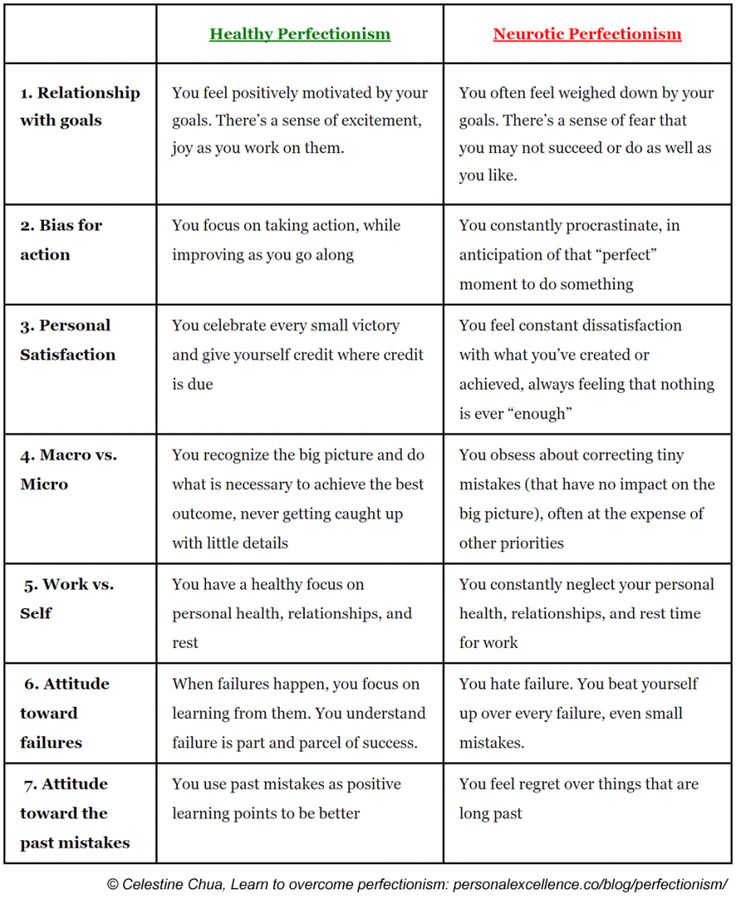 Keep track of situations that cause feelings of insecurity to determine what issues need to be worked on. nine0039
Keep track of situations that cause feelings of insecurity to determine what issues need to be worked on. nine0039 - Communicate with a partner. Be open about your insecurities and why they are in your relationship.
- Express your feelings. Try to share your feelings with your partner without blaming them.
- Listen to your partner. Try to calmly listen to your partner in order to understand his point of view.
- Keep a diary. It is helpful to keep a diary in which you write down your thoughts if you feel insecure. This will help you identify situations that trigger your insecurities. You can even keep a diary together to build trust between you and your partner. nine0039
- See a psychologist. While understanding and open communication are important, sometimes an outside perspective is needed. This will help you understand how your insecurities are related to other more difficult situations. In addition, a therapist can help you deal with your insecurities.
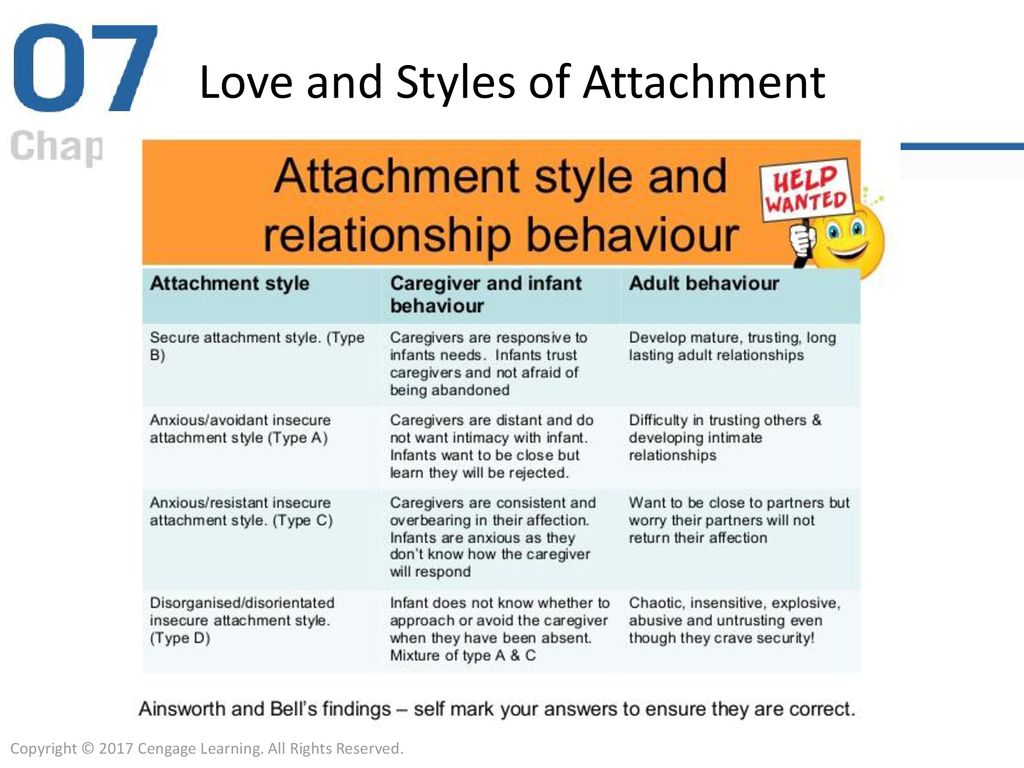
Read more here
Share the link0003
5 Ways to Stop Feeling Insecure in Your Relationships
We've all experienced problems in our personal relationships at least once - problems caused by our own insecurities. How to get rid of it? There are 5 reliable ways to do this...
Author Kluber Read 10 min. Views 6.5k. Posted by
When I was younger, I often felt unworthy and not good enough to be a friend, loved one, or, say, a business partner of certain people. Sometimes my self-doubt reached such an extent that I simply could not understand how other people saw something good in me. And it did not affect my life in the best way. nine0004
My lack of self-confidence has led to the fact that I, on my own basis, broke off many quite, as I now understand, normal personal relationships. Then it seemed to me that it was better to be the first to break off this relationship, without waiting for me to be abandoned.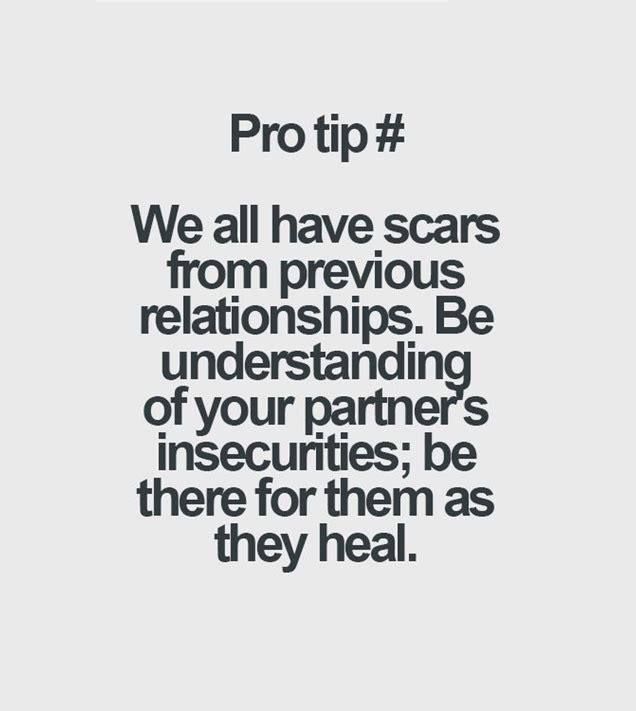 I justified myself in front of myself by the fact that the pain of parting in any case is weaker than the pain of a broken heart, and they will certainly break it for me. But over time, as I became much more mature emotionally, I realized that I needed the comfort and support of a long-term relationship. nine0004
I justified myself in front of myself by the fact that the pain of parting in any case is weaker than the pain of a broken heart, and they will certainly break it for me. But over time, as I became much more mature emotionally, I realized that I needed the comfort and support of a long-term relationship. nine0004
Are you wondering what I did then, and what you can do if self-doubt harms your relationships with loved ones?
You must understand that a good relationship is about sharing ideas, impressions and pleasant moments with a partner, and helping each other achieve what you want - both together and one by one. If your partner really treats you badly, lies openly to you, or deceives you in some other way, then you really have reason to feel out of place. But if you are already in a perfectly good and pleasant relationship with someone with whom you feel good, then it's time ...
1. Stop trying to read other people's minds.
Most relationship problems and associated social anxiety begin with a lack of open communication, which in turn leads to attempts to read each other's minds. And while telepathy remains unconfirmed by mainstream science, a lot of people still try to read other people's minds - mostly assuming they know what they're thinking even when they're not. And this process of inventing and guessing other people's thoughts at full speed leads you to a feeling of insecurity in yourself and your partner and severe stress. nine0004
And while telepathy remains unconfirmed by mainstream science, a lot of people still try to read other people's minds - mostly assuming they know what they're thinking even when they're not. And this process of inventing and guessing other people's thoughts at full speed leads you to a feeling of insecurity in yourself and your partner and severe stress. nine0004
If someone says one thing to you, don't immediately assume they meant something else. If he does not tell you anything at all, do not assume that there is some hidden negative meaning in his silence . And don't make other people try to guess your thoughts. Say what you think and think what to say. Try to give close people all the information they need, without expecting that they will already know what they cannot know for sure.
Also, remember that you do not have the right to know about every thought in the mind of other people, even if they are close to you like no one else. When you stop trying to read their minds, you will begin to respect their right to privacy - and personal thoughts.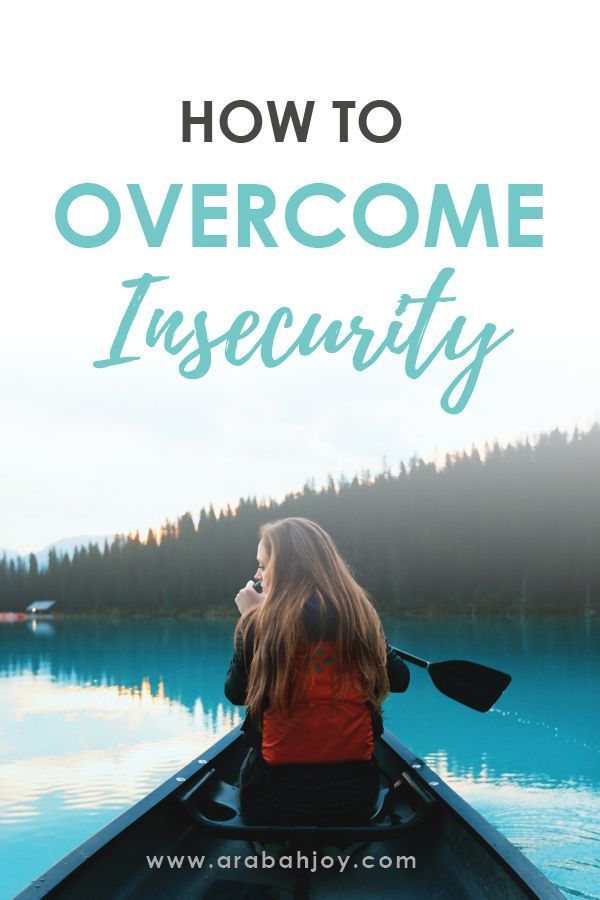 If you constantly ask your partner, “Tell me what you think?”, you can drive him to the point where he will actually leave you. Just to get you out of your personal space. nine0004
If you constantly ask your partner, “Tell me what you think?”, you can drive him to the point where he will actually leave you. Just to get you out of your personal space. nine0004
2. Stop trying to find the perfect personal relationship.
You will spend the rest of your life looking for the right partner and the right friends if you expect them to be perfect and infallible. Moreover, such a search is quite capable of driving you to half-madness, since with each unsuccessful relationship that does not correspond to your fantasies of ideal perfection, you will feel more and more out of place and insecure about yourself.
We are all looking for those very special, one and only people in the world who would be the perfect couple for us, but as we go through enough personal relationships, we begin to understand that people who are perfect for us simply do not exist, and all of them, at least in some way, are imperfect. All because all people, all without exception, at least in something, but imperfect. By the way, you are also no exception, and therefore you should look not for perfect people, but for those who are able to complement your imperfection (and you - them). nine0133
By the way, you are also no exception, and therefore you should look not for perfect people, but for those who are able to complement your imperfection (and you - them). nine0133
You need to become a truly adult and accumulate a lot of life experience in order to really become yourself and realize all your imperfection. And only when you fully realize and accept your imperfection and all your shortcomings - which, no less than your strengths, determine who you are - will you be able to choose with a clear head people who are really capable of harmonious personal relationships. Only then will you truly understand who you are looking for. You are looking for an imperfect person who fits you like a glove fits your hand. Your own perfect imperfection. nine0133
3. Stop judging current personal relationships by past experience.
Think of all the times you've had a completely false impression of someone just because they reminded you of someone from your past with whom you didn't get along. Unfortunately, many people behave this way all their lives, transferring the experience of unsuccessful personal relationships to those that could become quite successful. We could. Just because they were once in a relationship with a bully, a liar or a strawberry lover on the side, they bristle like a hedgehog with needles at anyone who tries to get close to them, even if this person is kind, honest and ready to idolize them . nine0004
Unfortunately, many people behave this way all their lives, transferring the experience of unsuccessful personal relationships to those that could become quite successful. We could. Just because they were once in a relationship with a bully, a liar or a strawberry lover on the side, they bristle like a hedgehog with needles at anyone who tries to get close to them, even if this person is kind, honest and ready to idolize them . nine0004
If you try again and again to build a building of new personal relationships from stones picked up from the ruins of old ones, sooner or later you will find in the new building all those cracks and warps that caused them to fall apart. So if you suspect yourself of drawing undeserving parallels between your current relationship and negative relationships from the past, stop for a second, take a deep breath, and try to consciously remember everything that went wrong in the old, negative relationship, and how it differs from your current relationship. nine0132 This little exercise will allow you to throw aside all the old, mossy bricks of the past, and remind yourself that the pain of the past does not mean that this time everything will turn out the same.
nine0132 This little exercise will allow you to throw aside all the old, mossy bricks of the past, and remind yourself that the pain of the past does not mean that this time everything will turn out the same.
4. Stop inventing problems that don't exist.
Inventing problems for ourselves and believing in their reality, we embark on a path that leads to self-destruction. All too often, we inflate ourselves with troubling predictions, deceive ourselves with negative thinking, and tremble in fear, imagining who knows what in the darkest light. The only thing we do not notice in such a state is the truth. nine0004
When you start inventing problems for your relationships, sooner or later they start to become reality. Often the reason for this is self-doubt. If you constantly doubt yourself, and do not understand that you are really capable of anything, you will at the first opportunity throw the responsibility of caring for you on other people, and your insecurity will grow and weigh until it crushes you and those who are close to you.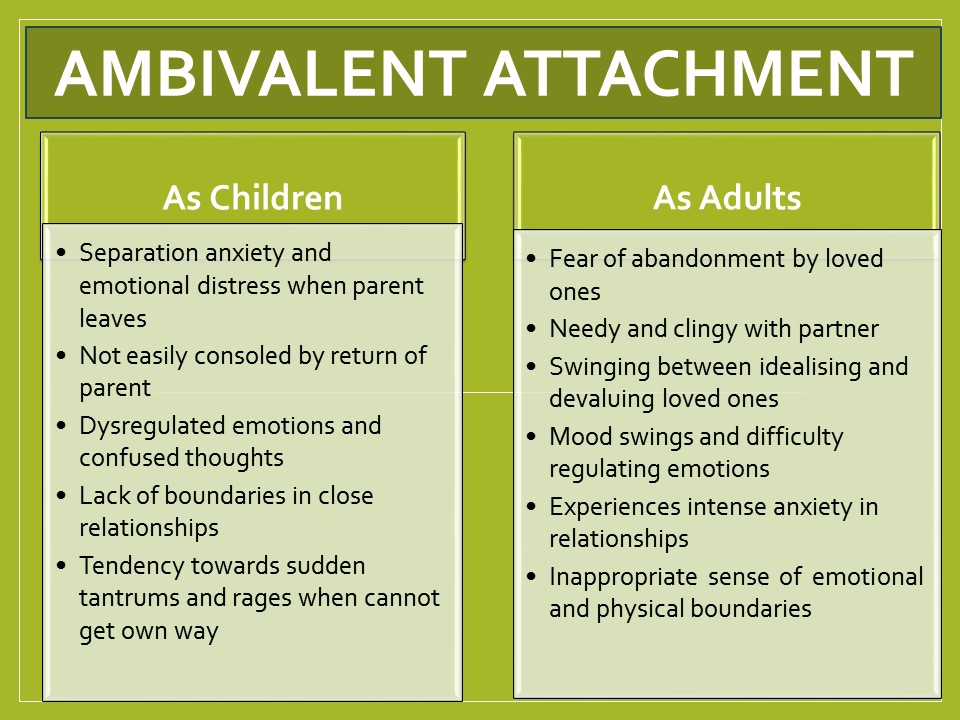
If the passenger does not trust anyone in the car, then even if he himself does not know how to drive, he will not trust anyone to drive, because this way he will feel out of control. And even if it does, it won't end well. It will constantly seem to him that this person is driving inattentively, and each turn of the steering wheel or pressing the brakes only for a second removes him from the inevitable collision. And they intimidate themselves even more, convinced that the horrors that they imagined to themselves have something to do with reality. nine0004
You need to understand once and for all that this is a perfectly normal part of any relationship. Every relationship has its ups and downs, its moments of passion and intimacy, and its moments of friction and disagreement. These ups and downs are completely normal and natural. And to wish that only intimacy and care surrounded you always and at any moment is the same as demanding that in the car of your relationship everyone should be only passengers, and no one should be distracted by actually driving it.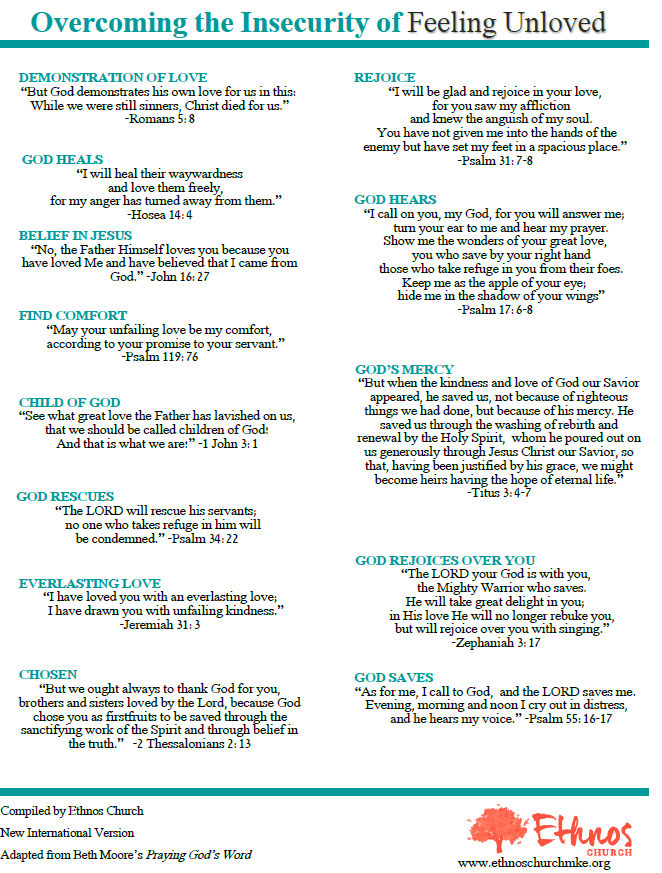 nine0132 The car in such a situation will simply remain in place and will not go anywhere - the same will happen with your relationship.
nine0132 The car in such a situation will simply remain in place and will not go anywhere - the same will happen with your relationship.
The next time you feel uncomfortable, unsafe or trapped and find yourself filling your life with stress because of problems that don't exist, stop yourself and take a deep breath. And then tell yourself, "The problem I'm so worried about exists only in my head." Distinguishing the product of your imagination from what is really happening to you can be a really important step towards gaining self-confidence. nine0133
5. Stop dwelling on the negative.
Ideal relationships are like unicorns and fairy fairies, in the sense that they can only be seen in books. And even if your relationship seems perfect to you right now, it won't always stay that way. But imperfect and imperfect relationships - on the contrary, they are real and beautiful. The more two close people accept each other for who they are, and the less intolerance and excessive expectations they show, the happier they are.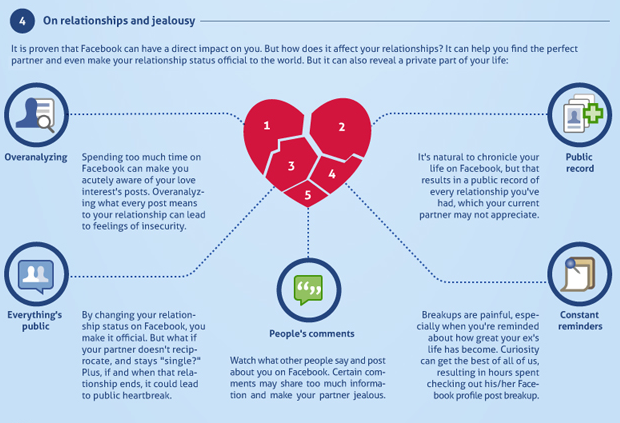 nine0132 It's simple. It's how two people accept and deal with each other's imperfections that makes it perfect...or doesn't.
nine0132 It's simple. It's how two people accept and deal with each other's imperfections that makes it perfect...or doesn't.
Of course, this does not mean at all that you should accept into your life everyone who is ready to accept you, even if this person is completely unsuitable for you. But this means that despite the difficulties that arise from time to time in your relationship, you should not immediately come to the conclusion that this relationship is bad. After all, this can have such a negative impact on you that in the end it will lead to a break in the relationship, or to the fact that your partner will begin to doubt your intentions. nine0004
No relationship works perfectly and smoothly 100% of the time. And if you are too uncompromising about the quality and condition of your personal relationships, you yourself will create problems for yourself. Yes, there will always be some problems and difficulties on your life path, but this should not prevent you from noticing the good - the good, which will always be more.